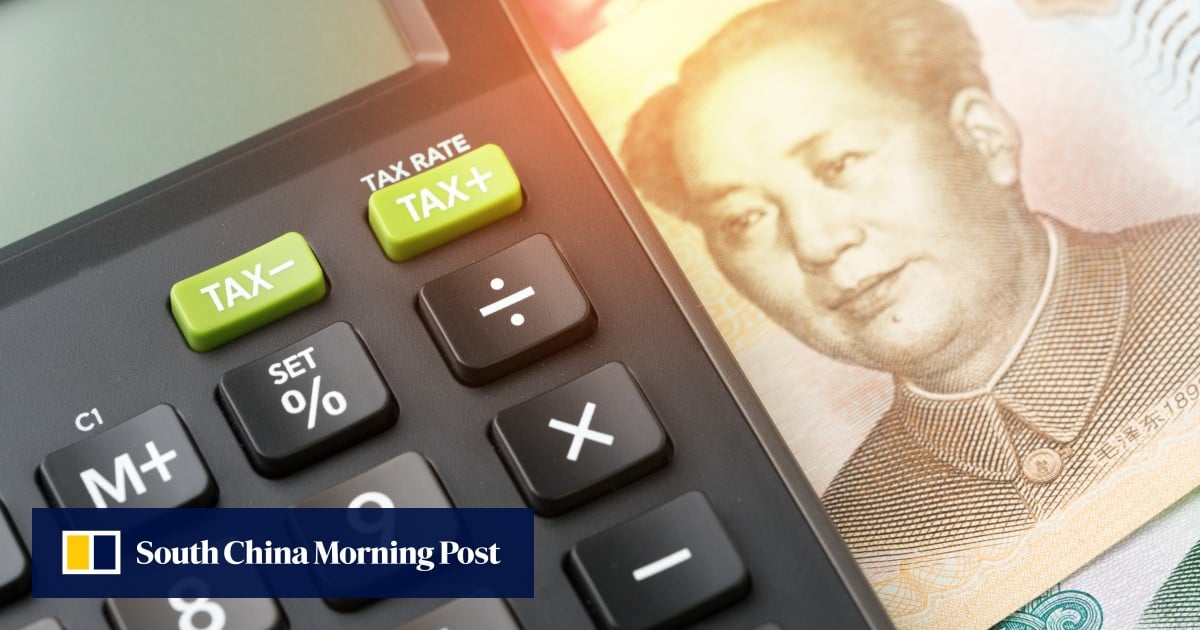
China’s extension of tax exemptions for expatriates could help curb a mass exodus of foreign talents and companies, said foreign business groups.
Overseas taxpayers will continue to enjoy tax waivers on rent, language training and children’s education, the Ministry of Finance said on Monday.
The European Chamber of Commerce in China described the extension as “very positive news” and said it would “help to stem the outflow of foreign talent that has taken place over the last few years”.
It will be extremely welcome news for families that have made the decision either to come to or remain in China
“Announced on the margins of the start of the new school year, it will be extremely welcome news for families that have made the decision either to come to or remain in China,” the chamber said.
It is also “hopeful” to see further implementation of concrete measures that would help foreign companies to operate in China.
At the end of 2018, Beijing had said tax breaks for expat allowances would be phased out at the beginning of 2022 after a three-year transition period.
Advertisement
Julian Fisher, chair of the British Chamber of Commerce in China, said without the exemption, the living cost for expats would be significantly higher – with some international executives expecting to see their income diminish by over 40 per cent.
This is a real victory for sustained advocacy and a clear sign that the government is listening to measured calls for change
“This is a real victory for sustained advocacy and a clear sign that the government is listening to measured calls for change,” Fisher said.
The list also included suggestions for implementation of preferential tax policies for foreign-invested enterprises and individuals.
Advertisement
The European Chamber of Commerce in China had estimated that when Beijing’s stringent coronavirus policies were still in place last year, up to half of European expats may have left China since the pandemic began in 2020.
Beijing bets on biotech to boost China’s foreign investment inflows
Beijing bets on biotech to boost China’s foreign investment inflows
In April, the American Chamber of Commerce in Shanghai said 30 per cent of respondents in a survey said they had lost 25 per cent of their foreign workforce since the start of the pandemic.
Advertisement
Beijing has struggled to build foreign business confidence and boost overseas investment amid its post-pandemic economic recovery.
How does China’s tax system work for expats?
How does China’s tax system work for expats?
A number of foreign chambers said they have been calling for an extension of the tax benefits when lobbying the Chinese government to improve the business operating environment.
Advertisement
Noah Fraser, managing director of the Canada China Business Council, welcomed the extension, but said it would not be enough to address “structural issues”.
“While a positive update among many areas of concern, it will not be enough to restore expatriate confidence after years of challenges – there is work yet to be done to retain and attract new global talent to China,” said Fraser.
Individuals who are domiciled in China, or have been living in the country for a total of 183 days in a tax year, are considered tax residents. Non-residents pay taxes only on the income earned in China, and only after staying in the country for six straight years, without exiting for more than 30 days, will global income be taxed.
Advertisement


